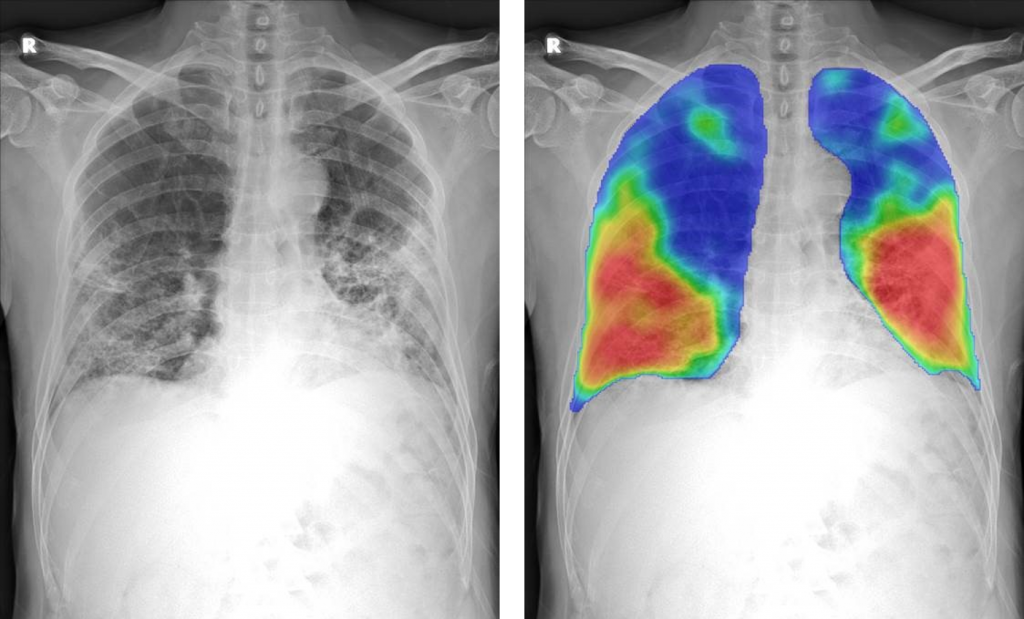In recent years, the integration of artificial intelligence (AI) into healthcare, particularly in radiology, has garnered significant attention. One area where AI shows promising potential is in the interpretation of chest X-rays (CXRs) for the detection of suspected lung cancer.
Overview of Studies:
The document presents findings from various studies conducted globally, including in the UK, South Korea, and Scotland. These studies assess the effectiveness, safety, economic implications, and patient experiences associated with AI-assisted CXR interpretation.
Key Findings:
Effectiveness: AI demonstrates comparable accuracy to experienced clinicians in detecting lung nodules, with high specificity and sensitivity reported in several studies.
Safety: While evidence on patient safety is limited, ongoing research emphasizes the need for further investigation into the impact of AI on safety outcomes.
Economic Considerations: The adoption of AI technologies, such as annalise.ai, incurs initial implementation costs but may lead to improved workflow efficiencies and timely diagnosis.
Patient Experience: Limited data are available on patient and clinician perspectives regarding AI-supported CXR interpretation, highlighting the importance of incorporating stakeholder feedback in future studies.
Challenges and Future Directions:
Despite the promising results, several challenges and areas for future research emerge from the document:
Uncertainty: The level of certainty surrounding the use of AI, particularly its impact on diagnostic accuracy and clinical decision-making, remains unclear.
Bias Mitigation: Addressing biases inherent in AI algorithms is crucial to ensure equitable and accurate healthcare delivery, especially in under-served patient populations.
Research Gaps: Additional research is needed to evaluate the long-term clinical outcomes, cost-effectiveness, and scalability of AI technologies in real-world settings.
Conclusion:
In conclusion, the integration of AI into CXR interpretation for suspected lung cancer holds promise in enhancing diagnostic accuracy and workflow efficiency. However, addressing challenges related to safety, bias mitigation, and economic sustainability is essential for realizing the full potential of AI in healthcare. Ongoing research efforts, coupled with stakeholder engagement, will play a pivotal role in shaping the future of AI-enabled radiology.
